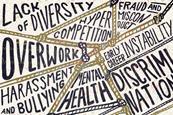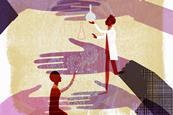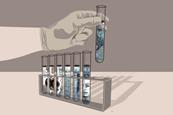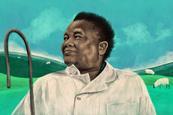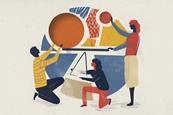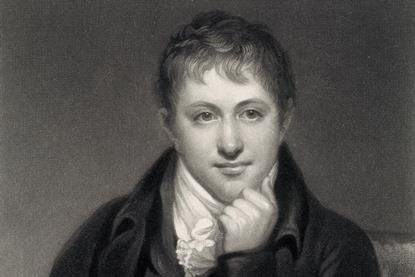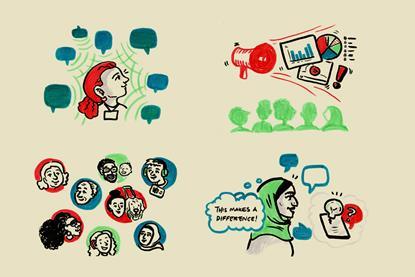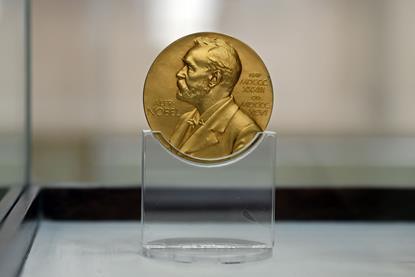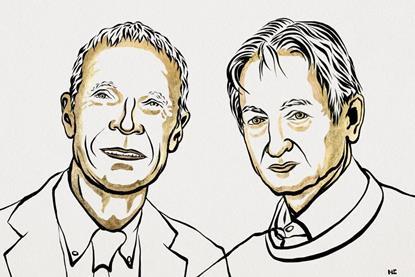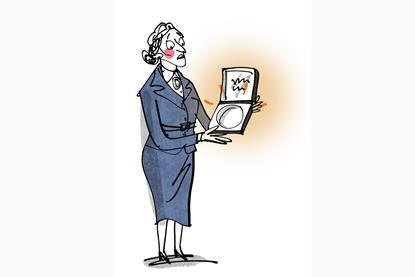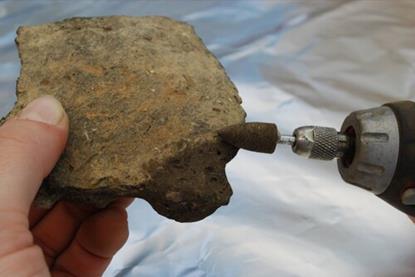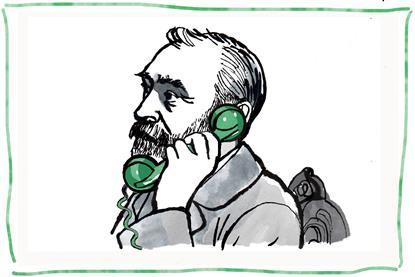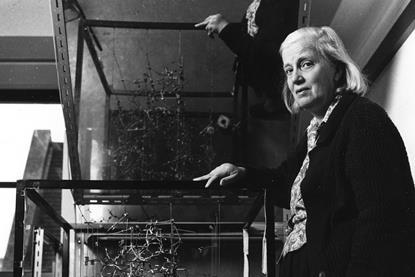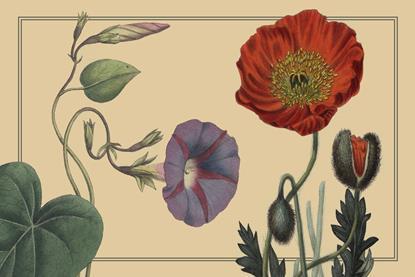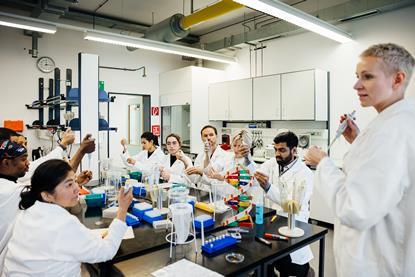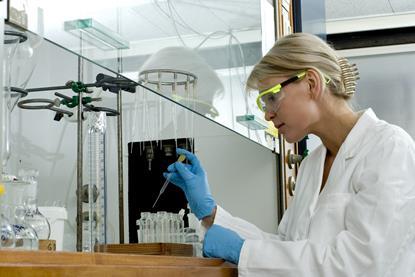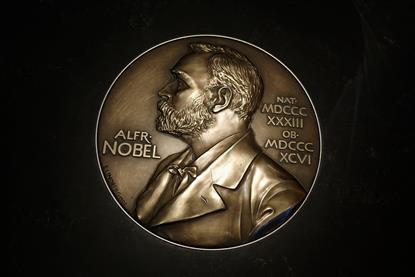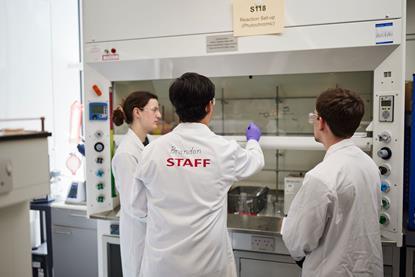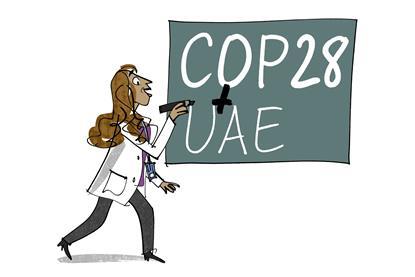Research culture
In this collection we explore fostering a positive research culture and scientific practices, covering topics such as reproducibility, open science, diversity and inclusion, leadership and mentorship, career instability, discrimination, misconduct and the evolving landscape of research ethics and integrity.
Leadership
What’s wrong with research culture?
A knotty mess of problems affects people doing academic research in the UK. Rachel Brazil tries to untie the tangle
How to improve research culture
Five ways to make chemistry departments better places to work
How EPSRC fosters inclusion
The pandemic has provided valuable lessons for funders to rethink research culture
Support and wellbeing
Act now to support early-career researchers
The Covid-19 pandemic has further highlighted long-existing issues that leaders need to take a stance on
Mental wellbeing in academia
Not enough has been done to support students during the pandemic
Science and research ‘are dead’ in Afghanistan
Afghan researchers and scholars flee or go into hiding as the Taliban’s return to power sees the science academy and universities closed
UKRI response to Black female academics on funding decisions called inadequate
Pledge to improve understanding and monitoring of inequality comes a year after open letter was first published
Diverse cultures
In situ with Tebello Nyokong
The influential chemist on nurturing confidence in students and taking inspiration from the humanities
The science of team science
Researchers and funders are exploring ways to make large collaborative projects more successful
Science faction
Taking inspiration from nerd culture
Science as a product of culture
The role of background beliefs and assumptions in the development of science
Change at the top
Improving research culture requires effort – but it’s worth it
Impact of Covid-19
Let it go
We have to accept that we can’t catch up on time lost in lockdown
How Covid-19 has changed us
While the pandemic has introduced more efficient and global ways of working, researchers and educators still have challenges to overcome
Pandemic continues to disrupt and depress UK researchers, survey finds
Researchers reported spending more time on peer-review activities, teaching and writing
Leading a lab through pandemic-induced uncertainty
Emphathy is vital to support mentees effectively
Publishing
Depositing hope for the future
The rise of ChemRxiv might mean that chemists can tackle thornier cultural problems
Australian Research Council’s ban on preprints in grants prompts outcry
Move derided as ‘hopelessly outdated’ and a setback for open science by researchers
Chemists react to UK umbrella funding body’s new open access mandate
Agency aligns itself with principles of Plan S by insisting on immediate open access
Four years of chemistry preprints
Nina Notman takes stock of how preprint severs have settled into the chemistry community
- Opinion
Yvonne Perrie: ‘Good research culture is about being able to learn and fail without judgment’
The drug delivery expert and multidisciplinary researcher on the importance of learning from failure and how a summer in a margarine factory influenced her career
- News
Online archive of Humphry Davy’s notebooks opens to the public
Historic collection is the result of a five-year long citizen science project
- News
Women stay in science far longer than thought, study of OECD countries suggests
Analysis of publications reveals that, on average, women ‘survive’ as long as men across 16 scientific disciplines
- Feature
How AI protein structure prediction and design won the Nobel prize
David Baker, Demis Hassabis and John Jumper won this year’s Nobel prize in chemistry. Jamie Durrani investigates the origins of a biochemistry revolution
- Opinion
The CaSE for engagement in research
Discussions shed light on how the public would like to contribute to R&D
- News
Cern to end cooperation agreements with Russian-based researchers
From November, 500 scientists affiliated with Russian institutions will be cut off from Cern research facilities due to ongoing war in Ukraine
- News
The 2024 Nobel prize in chemistry as it happens – live
Join us as we follow all the developments in the run-up to the awarding of chemistry’s biggest prize
- News
Physics Nobel prize goes to artificial neural networks and machine learning
Research inspired by how brains learn now powers cutting-edge technology in smartphones and scientific research
- News
The fate of Nobel prize medals
Over the years, Nobel prize medals have been stolen, dissolved and auctioned off. We trace what happened to them and the stories they can tell us
- News
UK launches £37m programme to uncover cultural heritage through chemistry
Funding will aid analysis of archaeological materials and preservation of artwork
- News
Twelve Nobel laureates tell us about winning chemistry’s biggest prize
Winners from the last two decades look back on the day a call from Stockholm changed their lives
- News
Royal Society releases hundreds of historic peer-review reports to the public
Archive includes Dorothy Hodgkin’s review of an early Crick and Watson paper on the structure of DNA
- Opinion
Fermi’s questions and the importance of estimation
Knowing how to approximate the unknown is a much undervalued skill
- News
Danish university pauses chemistry demonstrations following accident
‘Genie in a bottle’ demonstration failure hospitalised two, leading to a review of all experiments in the school’s chemistry shows
- News
The refugee organic chemist
After a harrowing journey from his native Afghanistan one refugee chemist has found safety in a postdoc position in the UK
- Opinion
A chemist in the flower garden
The beautifully complex molecules plants produce are as inspiring as the blooms themselves
- Webinar
Transforming the lab practical for a new generation
Learn how educators are designing innovative new styles of learning in chemistry lab practicals – join us 26 November
- Business
RSC calls on government to address lab space shortage
Decades-long shortfall in suitable facilities has held back growth and innovation
- News
Predictions for the 2024 chemistry prize highlight growing importance of AI and computational methods
Protein structure prediction, efficient simulations and clean energy among the fields tipped for recognition by chemistry’s top prize
- News
From tipsy worms to pigeon missiles: the quirky triumphs of the 2024 Ig Nobel awards
Chemistry prize rewards work that used worms as analogues of large polymers
- Feature
The undergraduate lab practical transformation
Nina Notman speaks to the educators leading the charge to revamp how university students learn in the laboratory
- Opinion
Observing Cop28 with a gender lens
Avoid so-called climate solutions that disadvantage the most marginalised
